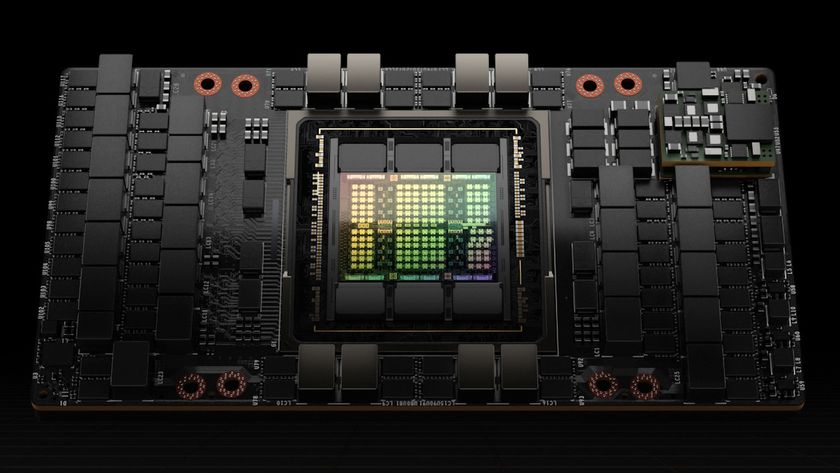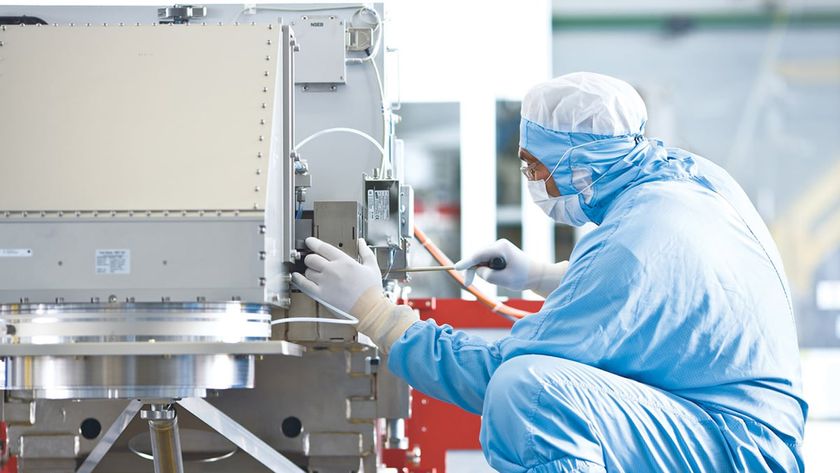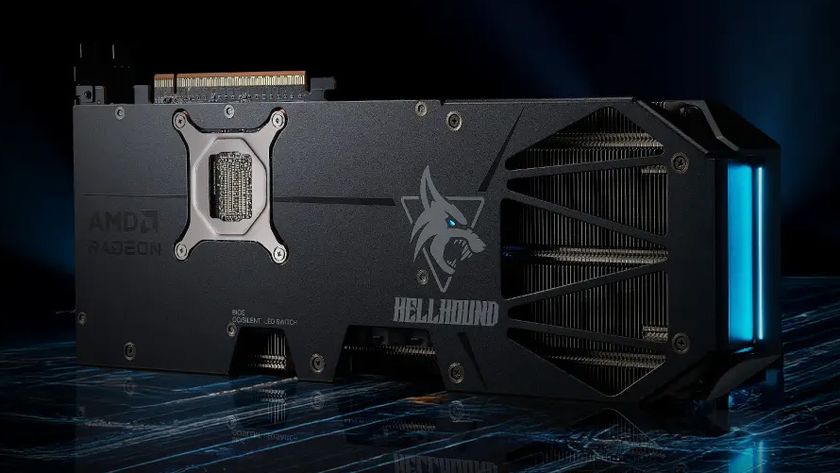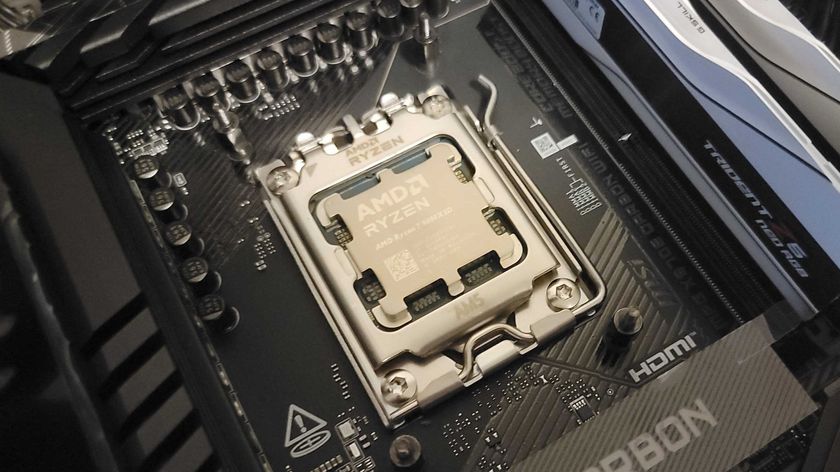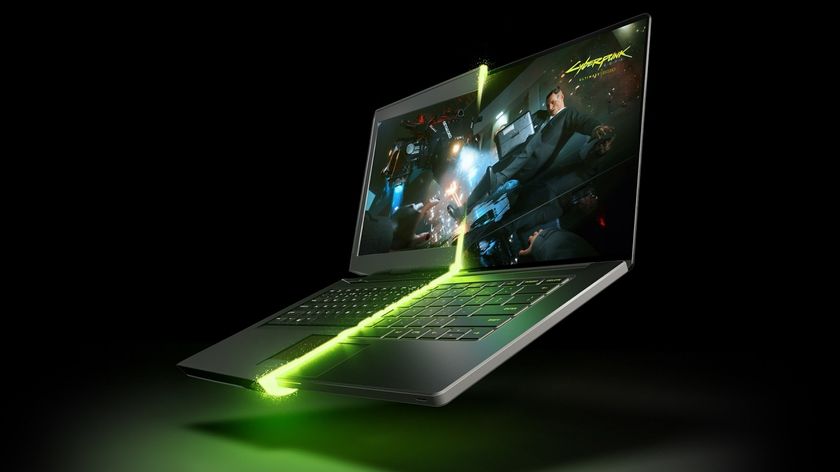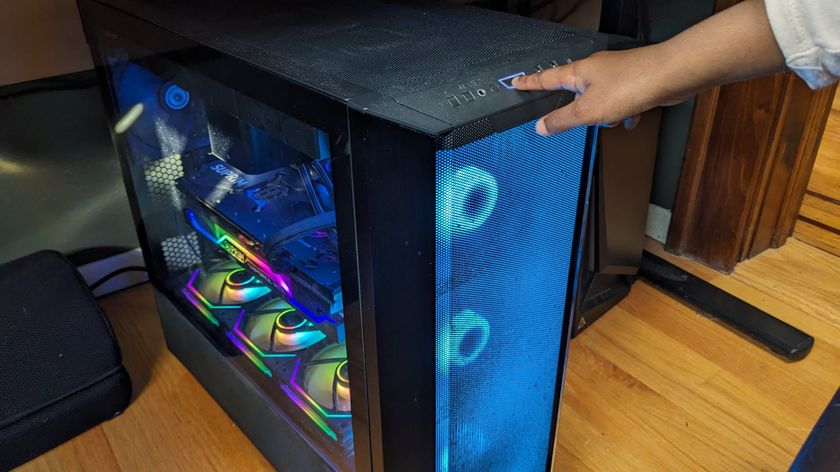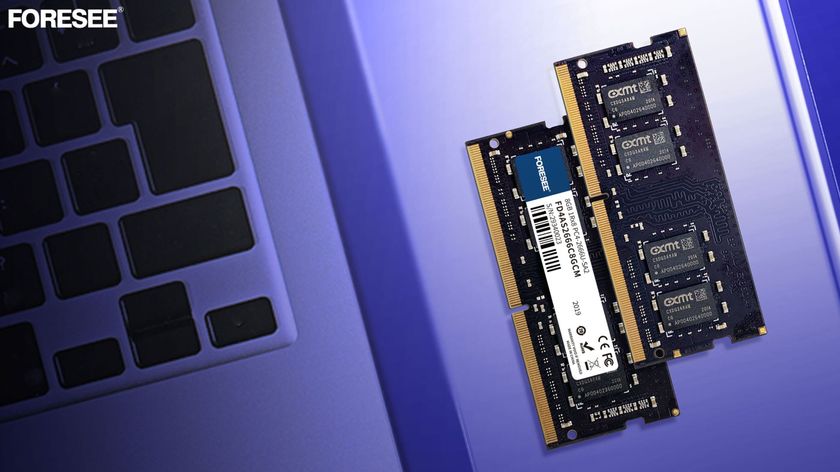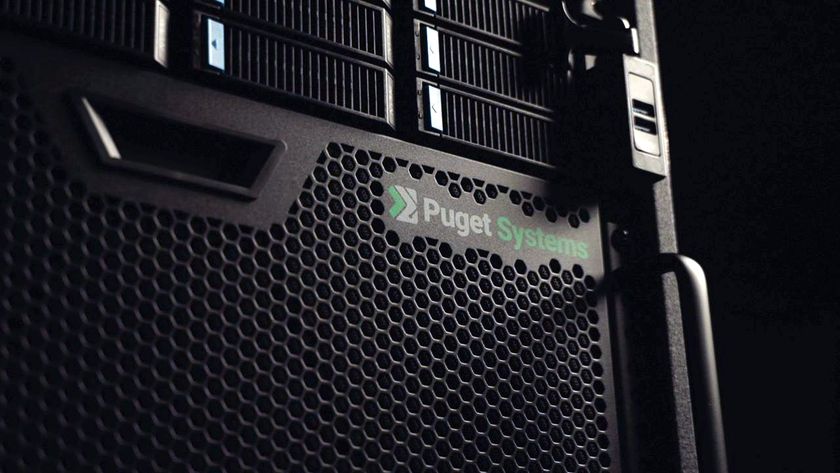Huawei US Ban: Self-Made Chips Landed in 8% of 5G Base Stations Huawei Sold Last Quarter
The U.S. government's ban on Huawei resulted in the China-based company looking to use its own chips for 5G.
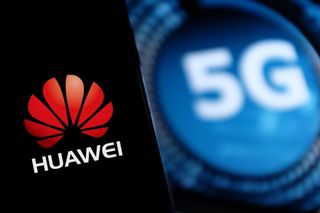
Huawei's efforts to develop its own chips have borne fruit. According to a Bloomberg report Monday, Huawei said it shipped 50,000 next-generation wireless base stations that don't rely on U.S. processors in the fourth quarter of 2019.
The company has to rely on its own chips as the result of the U.S. Department of Commerce putting it on the the Entity List in 2019. Being on that list prevents U.S. companies from easily supplying Huawei with the chips it's relied on for years.
- Huawei-U.S. news: Huawei Equipment hit with $1 billion "Rip and Replace" bill
Huawei said last year that it would ramp up its own chip development in response to the U.S. ban. Now, we have an idea of just how well its chip-making division, HiSilicon, can meet its needs as telecoms around the world build their 5G wireless networks.
The answer is 'not very.' Bloomberg reported that Huawei sold 50,000 base stations equipped with its own chips in the last quarter. That's not a lot considering it shipped 600,000 base stations total, making that 50,000 a mere 8% of output.
Huawei VP of Risk Management & Partner Relations Tim Danks told Bloomberg that "it's still our intention to return to using U.S. technology," despite Huawei's investment in its own chip development. But the exec also warned that it will be hard to make that switch if the ban lasts too long.
It may soon become difficult forHuawei to continue making its own chips too, however. The U.S. has reportedly considered restrictions on the use of U.S.-made chip-making equipment abroad specifically because it wants to disrupt Huawei.
The U.S. has also pressured other Huawei suppliers, including TSMC, to stop working with the company.
Stay On the Cutting Edge: Get the Tom's Hardware Newsletter
Get Tom's Hardware's best news and in-depth reviews, straight to your inbox.

Nathaniel Mott is a freelance news and features writer for Tom's Hardware US, covering breaking news, security, and the silliest aspects of the tech industry.


